
Martin Scorsese’s Taxi Driver is a film that goes beyond just being a movie; it is haunting, isolating, moralistic, and the fractured psyche of a man desperately lost in an unruly world. First released in 1976, this cinematic treasure has tested and confirmed a timelessness that finds it fascinatingly viable for audiences while evoking strong thought-provoking sessions. The movie stars Robert De Niro in one of his most iconic roles, delving into the dark corridors of urban life and human emotion.
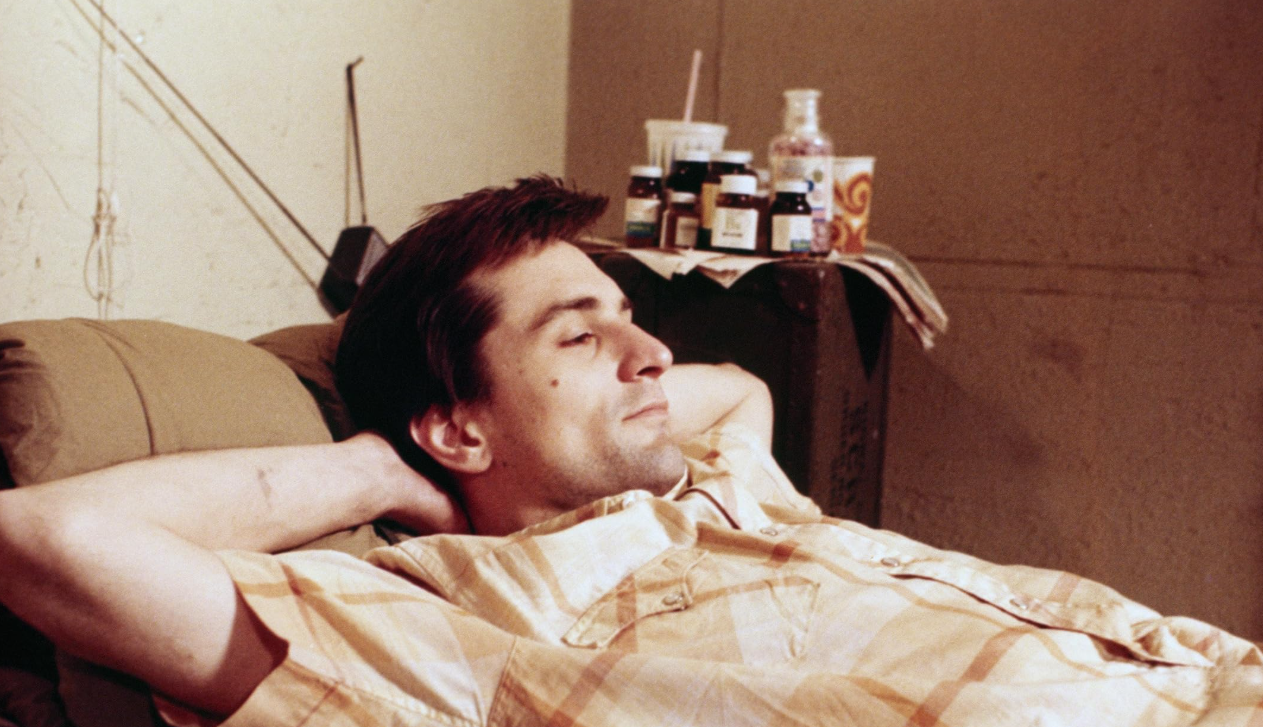
The movie is set in New York City, 1970s, in a place replete with life but also crawling with decay. The city is a character itself—it is grimy, pulsating, and unforgiving. There is a vibrancy to Scorsese that paints a very mesmerizing as well as revolting view of a city full of neon lights, steaming streets, and an omnipresent undercurrent of danger lurking around every street corner.

Traviss works at night crossing through the dirty underbelly of the city. As his cab moves let us briefly glance at the players in this world: pimps, prostitutes, thieves, victims, and wasted lives. All these people merge in the small world of New York City which he drives through.

Travis cab is small moving confessional for him but also a permanent witness to an urban dysfunction with its part participation.

At the heart of Taxi Driver is Travis Bickle, a character so complex that he has been analyzed endlessly by film enthusiasts and psychologists alike. Played masterfully by Robert De Niro, Travis is a man disconnected from society. His journals, narrated through voiceovers, reveal his inner turmoil and his disdain for the world around him. He’s a man who craves connection but doesn’t know how to achieve it.
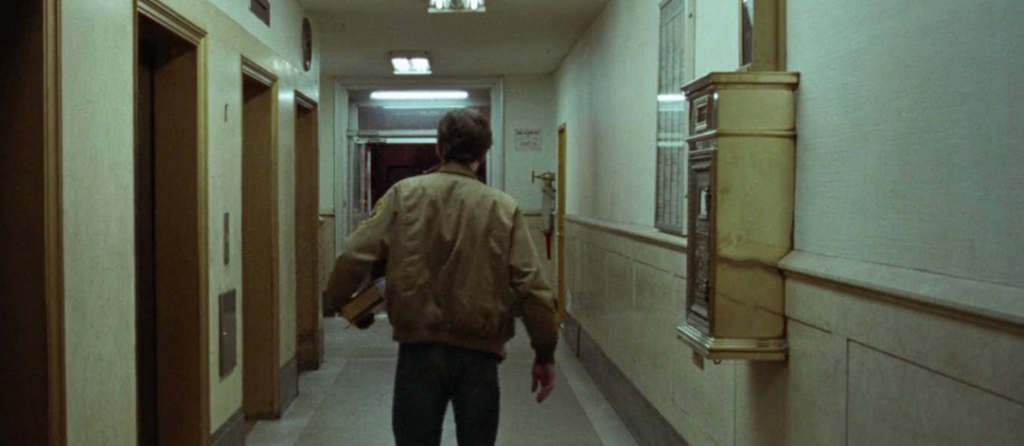
It’s very palpable loneliness in Travis. He’s a man out of body and out of spirit. The awkwardness in his attempts at connecting, even to the point that it is disturbing to watch at times. There is a glimpse of hope in meeting Betsy (Cybill Shepherd), who is a campaign worker for one of the presidential candidates. Still unable to find sense in social norms, it lands him into another disastrous situation, which escalates his loneliness further.

One of the most fascinating elements in Taxi Driver is alienation. The mess of the city only heightens Travis’s feeling of being an outcast. When he reaches out to touch the world, he is shoved into the margins. His experience as a Vietnam War veteran equally provides another stratum of his character: that his psychological condition is conditioned by trauma and a society that has failed to re-integrate him.
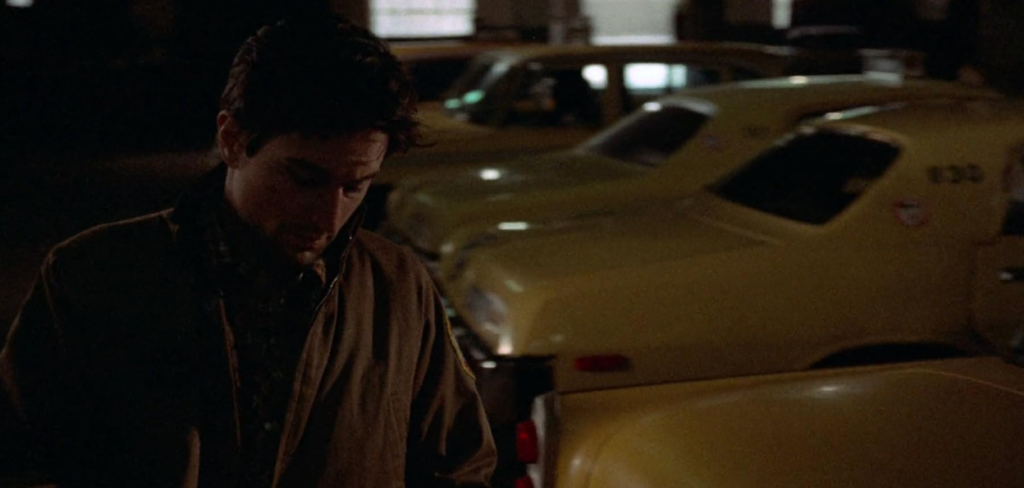
The film also explores moral ambiguity. Travis thinks he is a savior, someone who can purify the city of its dirt. However, his actions are far from heroic. He is a vigilante whose sense of right and wrong is warped by his distorted worldview. Here, the distinction between heroism and villainy becomes as murky as driving raindrops on the windshield, forcing the audience to question their own perceptions of morality.

Travis’s slide into violence is both inevitable and shocking. Obsessed with cleaning up the city, he encounters Iris (Jodie Foster), a 12-year-old prostitute. He is obsessed with rescuing her, feeling this is his chance to do something worthwhile. The relationship between Travis and Iris is perhaps the most poignant element of the movie. Though his intentions seem good, his actions are not.
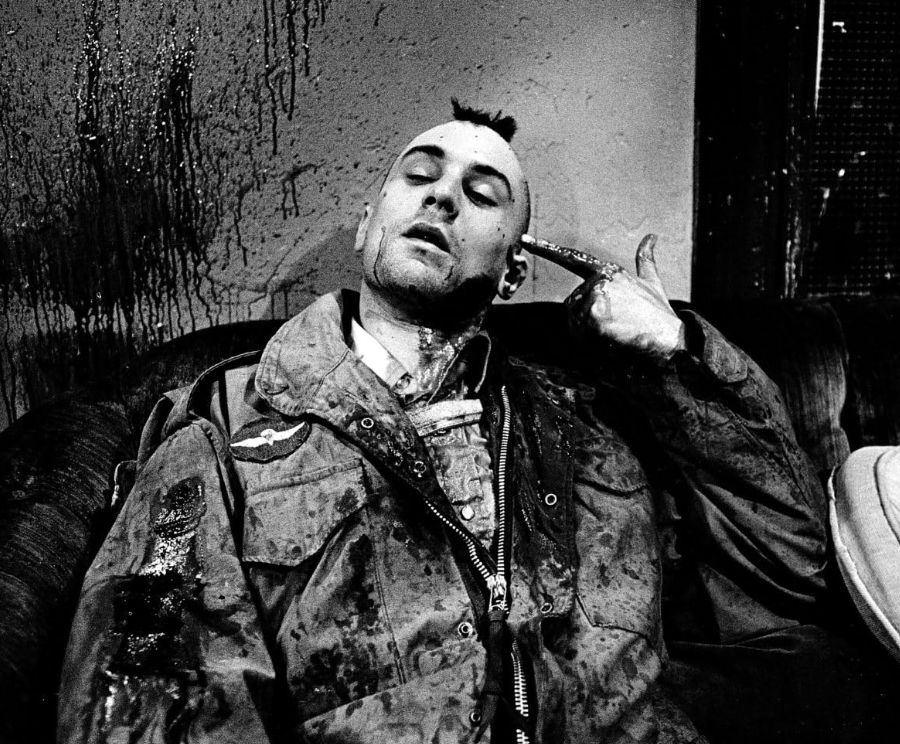
The final act of Taxi Driver is brutal and cathartic. Travis’ violent rampage to save Iris is a blood-soaked spectacle that leaves the audience reeling. The aftermath is equally thought-provoking. Travis is hailed as a hero, although his actions were far from heroic. This is an ironic twist that leaves the viewer grappling with questions about the values of society and the fine line between justice and madness.
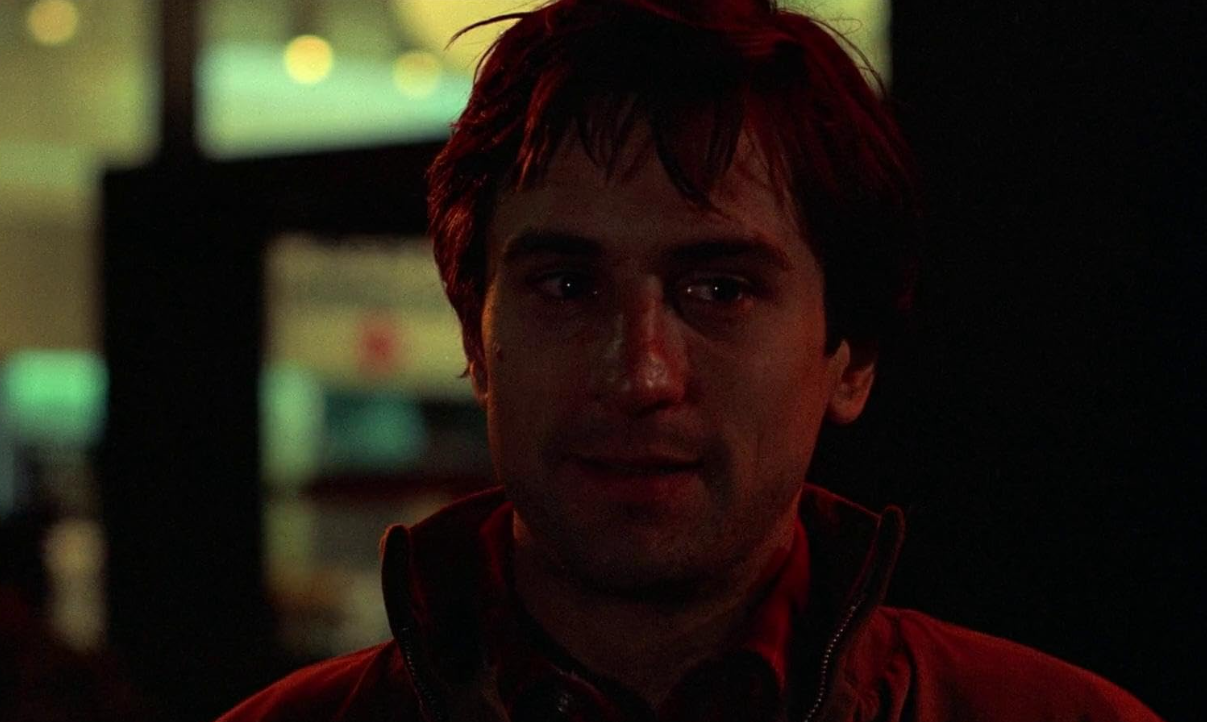
Robert De Niro is just legendary as Travis Bickle. One can see the commitment level to that role in every single scene: driving a cab for weeks to prepare, and so on. In every single scene, De Niro manages to convey the complexity of Travis – repulsive yet sympathetic. The very famous “You talkin’ to me?” scene, improvised by De Niro, has become one of the most iconic moments in film history.

The role of Iris is played by 14-year-old Jodie Foster. She does it marvelously well. The plight of a young girl in a distressing situation makes her portrayal heartbreakingly powerful. Cybill Shepherd, Harvey Keitel, and Albert Brooks add strengths to the story with their performances.
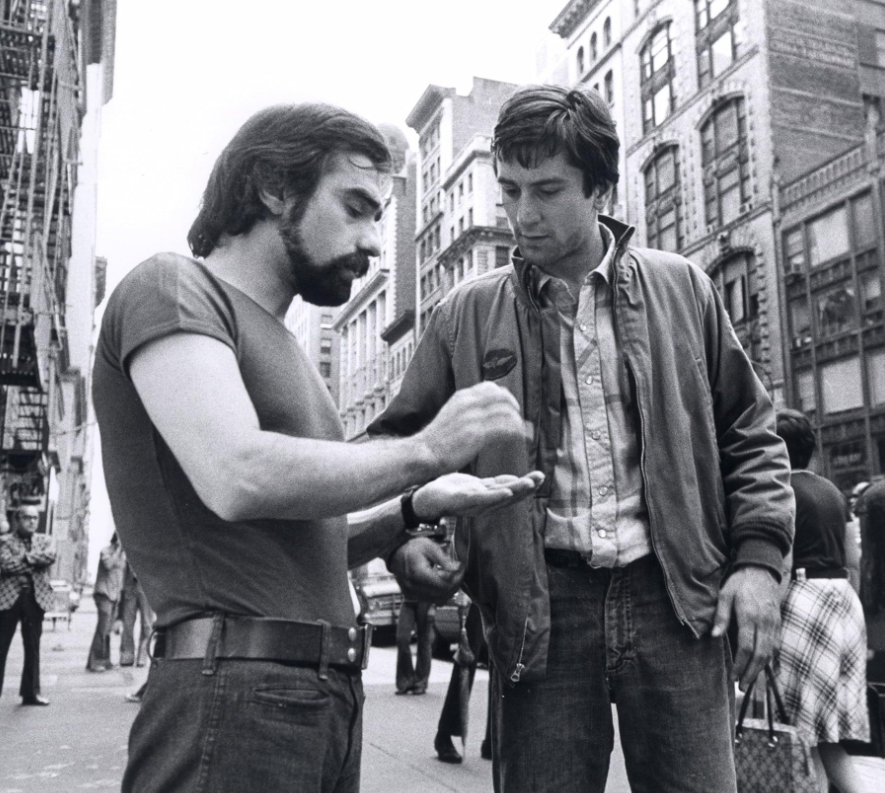
It’s a masterly direction by Scorsese in the art of storytelling. It ranges from cinematography by Michael Chapman to Bernard Herrmann’s haunting score for the film. Everything works out well in concert. Scorsese’s visual and auditory inputs take the viewer into Travis’s world, thus feeling his restlessness and isolation.
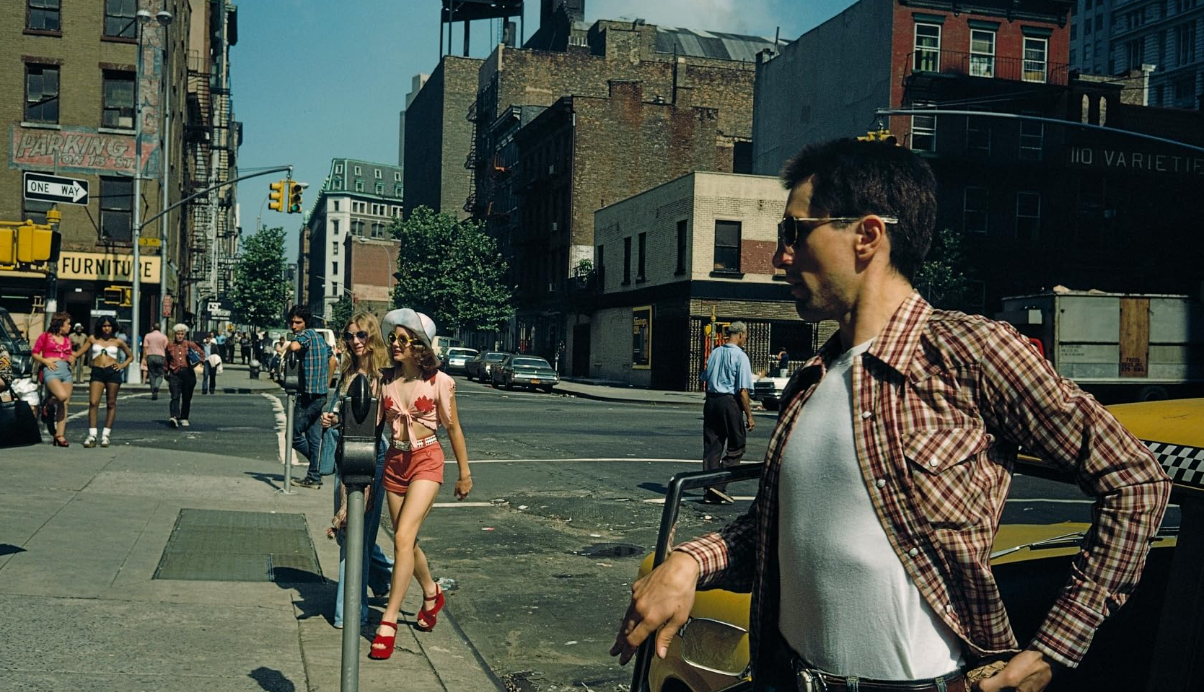
Taxi Driver is a character study, but it also mirrors the society that molds Travis. The movie is a film which depicts a city and culture facing the problems of crime, corruption, and moral decay. It’s like holding up a mirror to the audience, and the viewer has to confront some uncomfortable truths about his world.

The movie is relevant even beyond its setting in the 1970s. Isolation, disconnection, and societal neglect are as relevant today as they were then. In an age of increasing urbanization and technological dependence, Travis Bickle’s struggles feel eerily familiar.
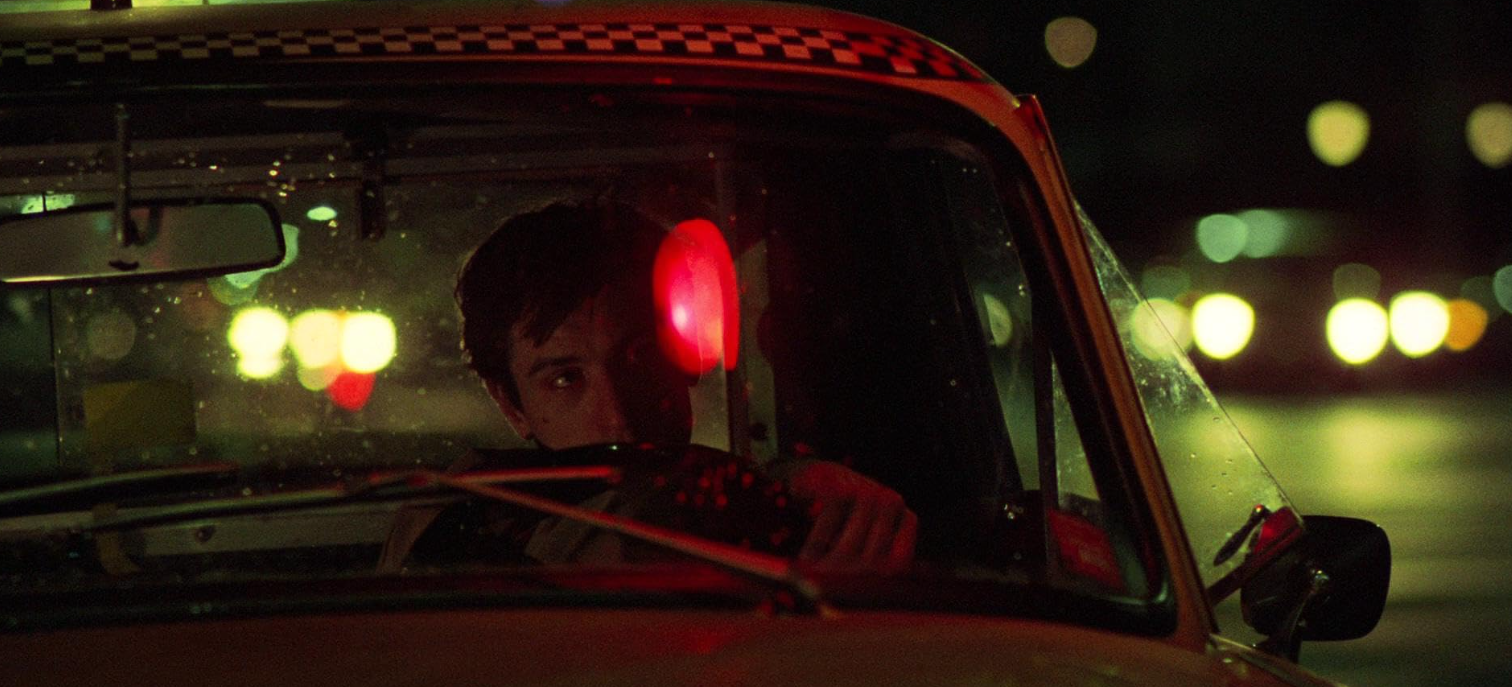
Taxi Driver is one of those movies that lingers long after the credits have rolled. This is not a lightweight movie and never was meant to be one. Scorsese forces the viewer into the mind of a most unsavory character, fully exposing the audience to the darker human essences. Genius in film means making viewers think and feel about their own experience through this film.
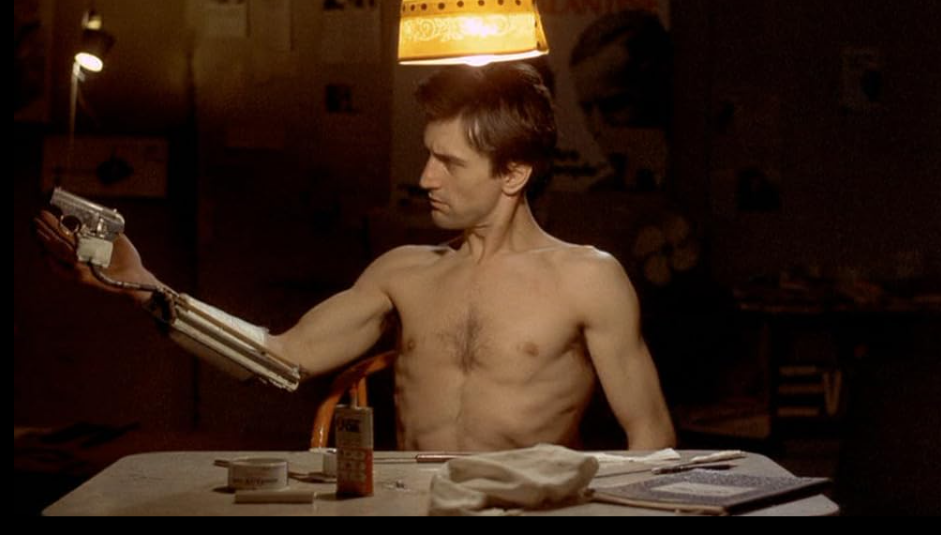
Everyone will enjoy cinema that risks to question things and forgets to remember to respect boundaries with Taxi Driver. It is a time story of storytelling and a reminder as to why Martin Scorsese is perhaps one of the greatest filmmakers ever.